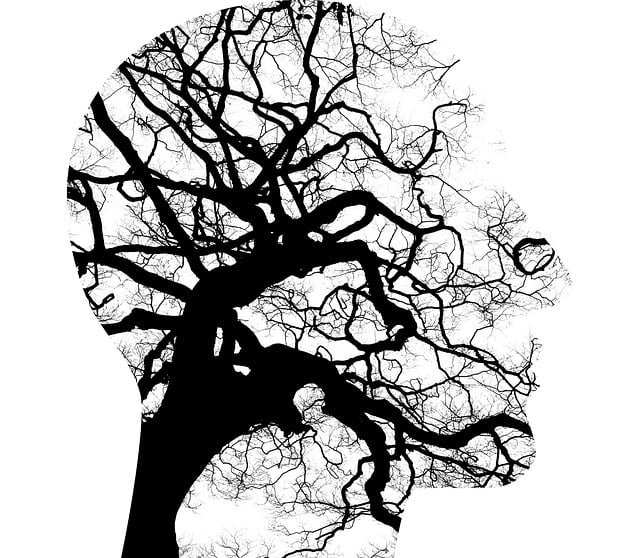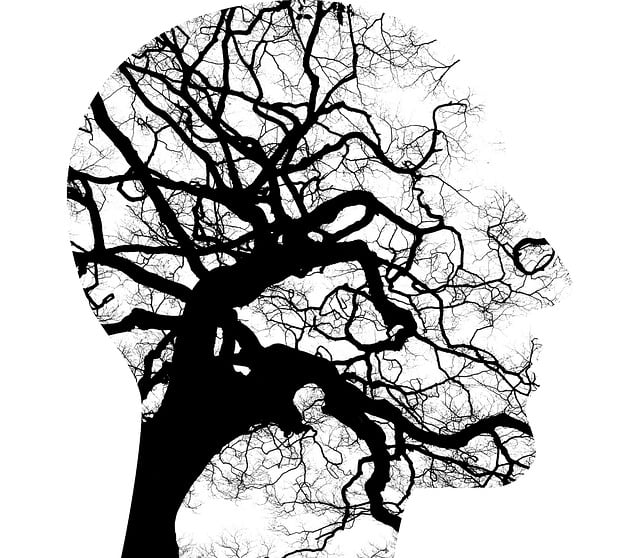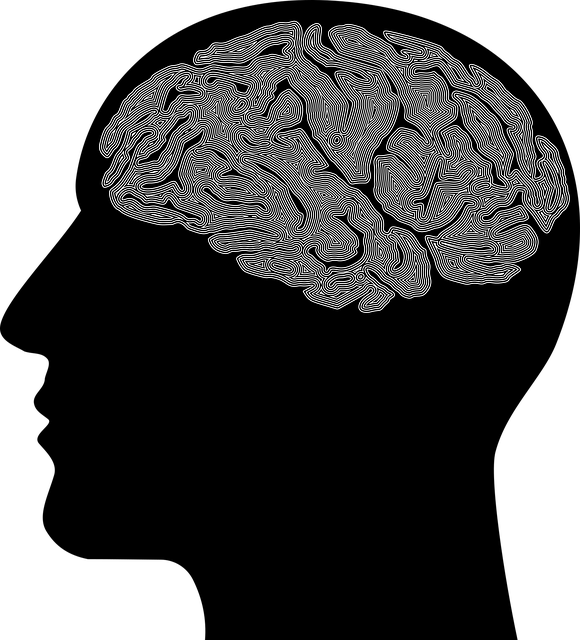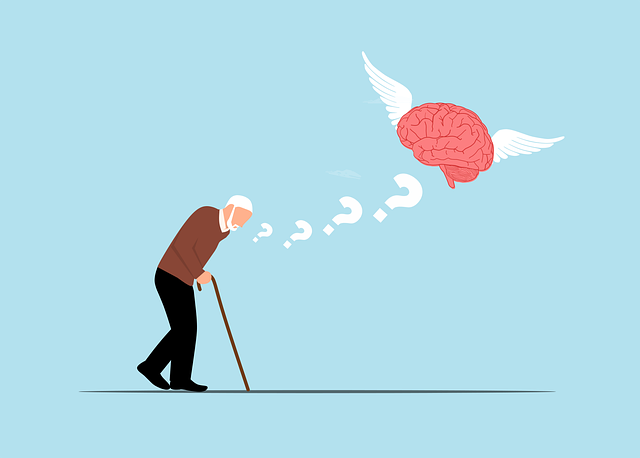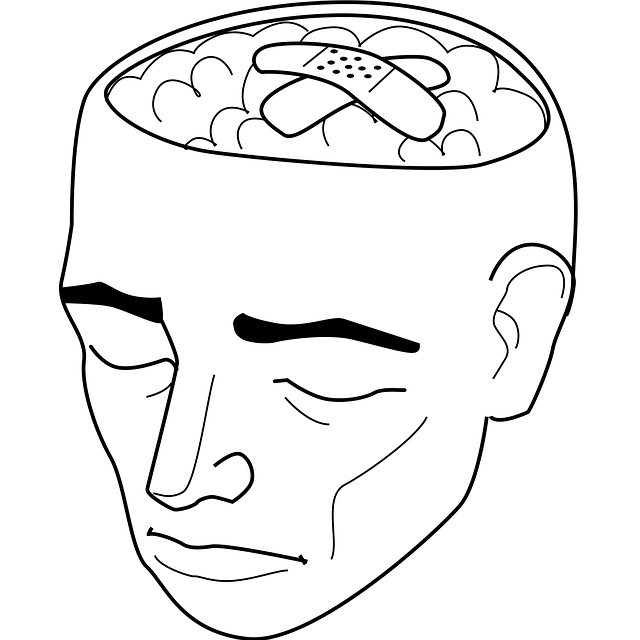Boulder Geriatrics Therapy prioritizes crisis intervention through specialized training for its teams, addressing acute psychological crises in seniors. This tailored approach incorporates mood management, mental wellness coaching, and empathy-building skills, enhancing care for Boulder's geriatric population. The program includes comprehensive mental health education, conflict resolution techniques, and self-esteem building, backed by interactive simulations. By focusing on both physical and emotional well-being, Boulder Geriatrics Therapy improves patient outcomes, caregiver support, and community relationships.
In today’s complex healthcare landscape, effective crisis intervention team (CIT) training is vital for organizations focusing on geriatric care, such as Boulder Geriatrics Therapy. This article explores the critical role of CITs in managing acute situations for elderly patients. We delve into the significance of specialized training tailored to geriatrics therapy teams in Boulder, highlighting key program components. By examining benefits and long-term impacts, we emphasize how targeted interventions can enhance patient outcomes and caregiver support, ultimately revolutionizing geriatric care in our community.
- Understanding Crisis Intervention Teams: Their Role and Impact in Geriatric Care
- The Importance of Specialized Training for Boulder's Geriatrics Therapy Teams
- Key Components of an Effective Crisis Intervention Training Program
- Benefits and Long-term Effects on Patient Outcomes and Caregiver Support
Understanding Crisis Intervention Teams: Their Role and Impact in Geriatric Care

In the realm of geriatric care, Crisis Intervention Teams (CITs) play a pivotal role in addressing acute psychological crises among elderly individuals. These specialized teams, often comprising mental health professionals, nurses, and social workers, are designed to provide immediate support and stabilize patients during intense emotional or behavioral episodes. At Boulder Geriatrics Therapy, we recognize the profound impact of CITs in enhancing the quality of care for our senior clients.
CITs facilitate a swift and coordinated response, ensuring that older adults receive comprehensive assessment and evidence-based interventions tailored to their unique needs. Through collaborative efforts, these teams foster coping skills development, promote positive thinking, and build resilience – key factors in managing crises effectively. By integrating CITs into geriatric care, we strive to create a more responsive and supportive environment, ultimately contributing to improved outcomes for our elderly population.
The Importance of Specialized Training for Boulder's Geriatrics Therapy Teams

In Boulder, specialized training for geriatrics therapy teams is more than just a recommendation—it’s a necessity. The unique challenges faced by elderly individuals require professionals equipped with advanced skills in mood management, mental wellness coaching, and empathy building strategies. These are not merely additional perks but crucial components that ensure effective care tailored to the specific needs of Boulder’s geriatric population.
Specialized training empowers therapy teams to navigate complex emotional landscapes, fostering a supportive environment that promotes mental wellness. By integrating evidence-based practices into their toolkits, these professionals can better assist seniors in managing mood disorders while enhancing overall quality of life. Ultimately, such comprehensive development programs contribute to improved patient outcomes and stronger relationships within Boulder’s geriatrics therapy community.
Key Components of an Effective Crisis Intervention Training Program

An effective crisis intervention team training program must be multifaceted and engaging to prepare participants for real-life challenging scenarios. At Boulder Geriatrics Therapy, we understand that every individual and community has unique needs when it comes to crisis management. Therefore, a well-designed program should incorporate several key components.
Firstly, Mental Health Education Programs Design is vital. Equipping team members with in-depth knowledge of various mental health conditions empowers them to recognize signs of distress and offer appropriate support. Additionally, training in Conflict Resolution Techniques enables participants to de-escalate tensions during crises, fostering a safer environment for all involved. Furthermore, focusing on Self-Esteem Improvement is essential; building confidence allows team members to take initiative and make crucial decisions under pressure. Through interactive simulations and role-playing exercises, these programs can ensure that crisis intervention teams are well-prepared to handle a wide range of situations with care and efficiency.
Benefits and Long-term Effects on Patient Outcomes and Caregiver Support

Crisis intervention team training programs play a pivotal role in enhancing patient outcomes and supporting caregivers, particularly within geriatric care settings like Boulder Geriatrics Therapy. By equipping teams with specialized skills, these programs foster a culture of resilience building among healthcare providers. Trained professionals are better equipped to navigate challenging situations, demonstrating heightened empathy and compassion cultivation practices that significantly improve patient-caregiver interactions.
The long-term effects extend beyond immediate crisis resolution. Effective training empowers caregivers to employ advanced communication strategies, fostering an environment where patients feel heard, understood, and valued. This, in turn, strengthens caregiver support systems, reduces burnout, and promotes better mental health outcomes for both care recipients and their families. Such holistic improvements are essential for delivering high-quality geriatric care that addresses not just physical needs but also the emotional and psychological well-being of all involved.
Crisis intervention team training is a vital component in enhancing patient outcomes and caregiver support within geriatric care, particularly for the Boulder Geriatrics Therapy teams. By equipping healthcare professionals with specialized skills, these programs empower them to navigate complex situations effectively. The key lies in comprehensive training that covers critical components such as crisis assessment, de-escalation techniques, and cultural sensitivity. Investing in such initiatives ensures a more resilient and prepared care environment, ultimately improving the quality of life for elderly individuals facing crises.


